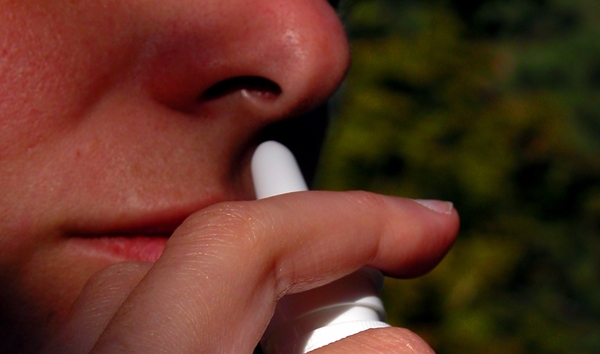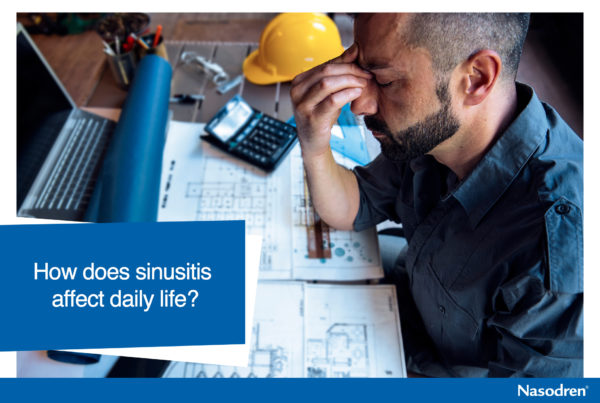Decongestant is a medication that relieves stuffy nose and helps in breathing easily. Decongestants remove mucus from the clogged nose, but the drugs may harm some patients. For instance, the medication may increase blood sugar level of diabetics and blood pressure of patients suffering from high blood pressure. So consult a doctor before administering a decongestant, especially to people already suffering from blood vessel diseases, diabetes, heart problems, glaucoma, high blood pressure, mental illness, prostate diseases or thyroid disorders.
Oral decongestants may cause anxiety, breathing problems, convulsions, difficulty in passing urine, fear, hallucinations, pale skin and tightness in the chest. Consulting a physician is thus must before using the drug.
Decongestants when taken with some other medicines may cause severe problems, so do not administer them together. For example, do not use Monoamine oxidase inhibitors with decongestants.
Repeated use of decongestant nose drops and nasal sprays for several consecutive days may result in rebound congestion. Nasal congestion persists or worsens with every dose of decongestant during the rebound congestion. Stop the drops or sprays and contact the physician. Congestion may go away in a week or so after stopping the use of the decongestants.
Nasal sprays should be administered for just three days, while oral decongestants should be taken for a week only. If fever occurs with the congestion or the congestion remains, consult a physician instead of continuing to use the decongestants.
Check expiry date of decongestant nasal drops and sprays, and oral decongestants before using. Discolored and / or cloudy decongestants should not be used.
Do not share spray bottles and droppers to ensure that the infection does not spread. Bottle tips and droppers should not touch any surface.
Some decongestants cause sleepiness, so do not drive after taking the drug. Or, do not do anything or use machines that may be dangerous.
Administer smaller doses of decongestants to the older patients, as they are more sensitive to the medication. Do not use decongestants of long-acting forms for them.
Some decongestants are very strong for children who are also more sensitive to the drugs. Read and follow instructions on the decongestant’s label carefully. Ensure that they do not swallow nasal sprays and nose drops.
Some people are allergic to decongestants, so physicians’ advice is required. Some of the scientific studies concluded that decongestants affect fetuses. So, women who are in the family way should take decongestants under the supervision of a physician. Decongestants may also contaminate breast milk causing side effects in infant, so breast-feeding women should consult a physician.









